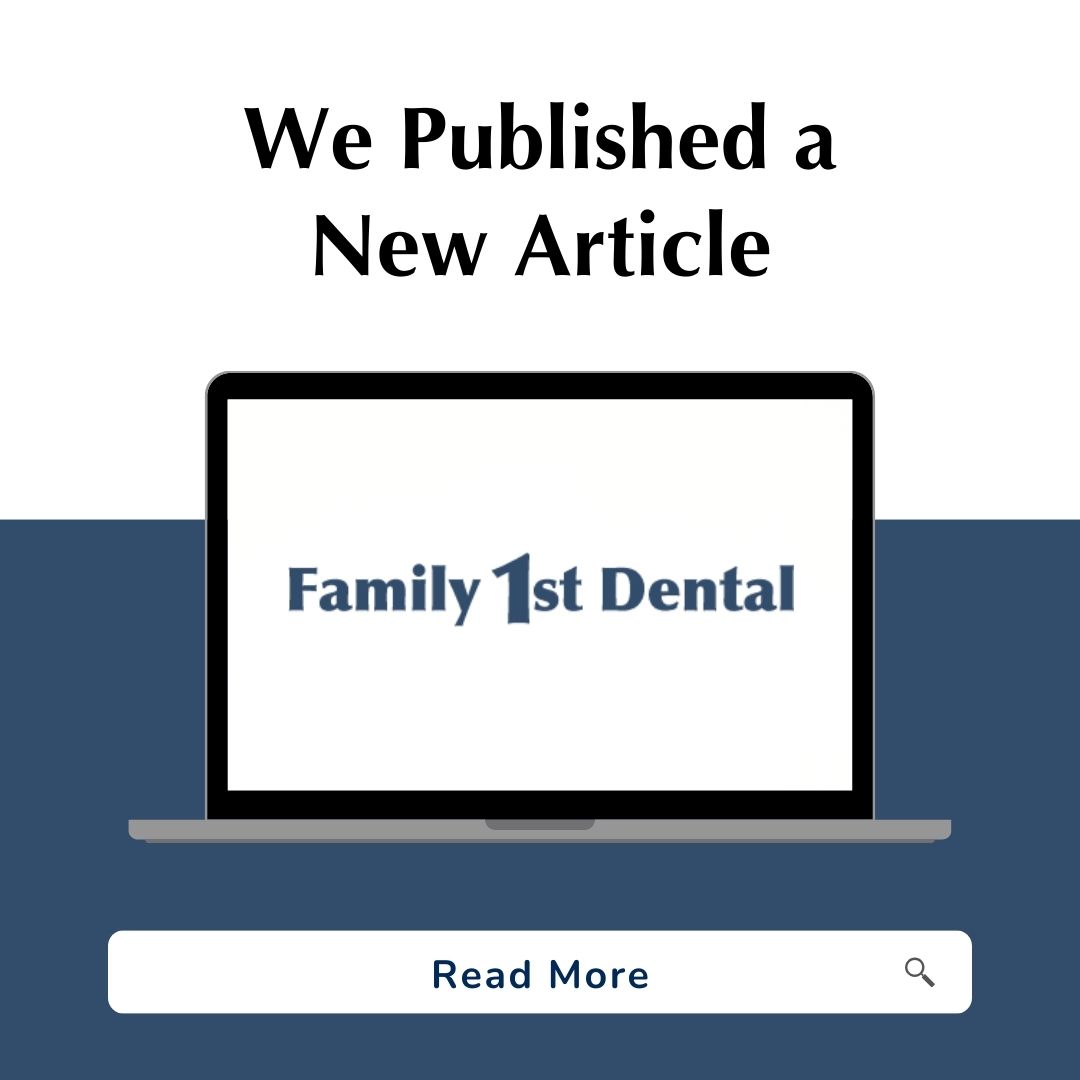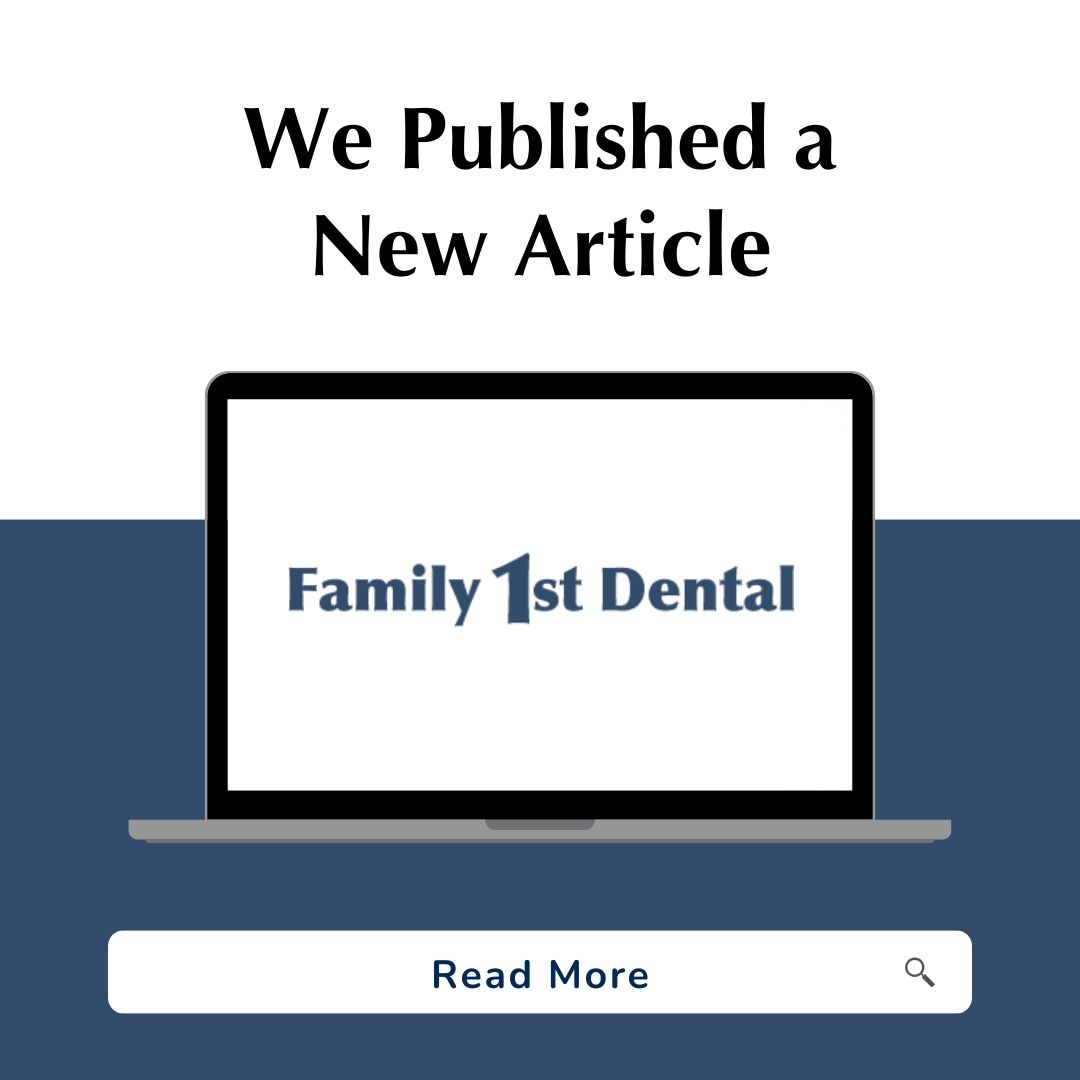
At Family 1st Dental – Storm Lake, we understand that optimal oral health isn’t just about sporadic dental visits but a consistent and holistic approach to care. If it’s been more than 6 months since your last dental check-up, regaining peak oral health may necessitate the expertise of our dedicated team. Let’s delve into crafting the perfect oral health routine tailored to your needs, ensuring a vibrant and resilient smile.
Professional Care: The Foundation of Oral Health
Kickstart your oral health journey by scheduling an examination and professional cleaning with Dentist Storm Lake. Our skilled team conducts a thorough assessment, addressing any underlying issues and rejuvenating your smile to its pristine state. Whether it’s mild to severe periodontal disease or routine maintenance, our customized care plans cater to your unique needs.
How Often Should You Visit?
The frequency of your professional care hinges upon your individual oral health status. For those battling periodontal concerns, a regimen of 4 visits per year might be prescribed to stave off disease progression. Conversely, individuals with lower susceptibility may find biannual visits sufficient. Adhering to your prescribed schedule is paramount, shielding your smile from harmful bacteria and safeguarding your overall well-being.
Empowering Home Care Practices
Beyond routine dental appointments, maintaining optimal oral health demands diligent at-home care. According to the American Dental Association, brushing twice daily for a full 2 minutes with fluoride toothpaste is crucial. Supplementing this with daily interdental cleaning, whether through flossing or alternative methods like Waterpik, fortifies your defense against decay and gum disease.
Understanding the Oral-Systemic Connection
Your oral health isn’t isolated but intricately linked to your overall well-being. Bacteria and infections lurking in your mouth can infiltrate your bloodstream, potentially impacting vital organs. Nurturing your smile parallels caring for your heart, lungs, and brain, underscoring the importance of comprehensive oral care in preserving your holistic health.
Your Journey to a Radiant Smile Begins Here
Whether it’s been a matter of months or years since your last dental visit, Family 1st Dental – Storm Lake welcomes you with open arms. Experience compassionate care devoid of judgment as we collaborate towards sculpting a smile you’ll proudly flaunt. Join us on your path to oral wellness, where each step is guided by expertise and compassion, ensuring a vibrant and enduring smile.




















